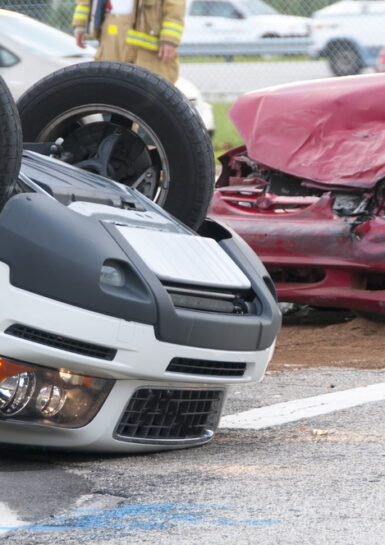3 Important Things To Understand About Premises Liability
Premises liability, a legal doctrine holding property owners accountable for the safety of individuals on their premises, plays a pivotal role in ensuring a secure environment according to a car accident lawyer with our friends at Siegal & Richardson, LLP. In this comprehensive guide, we’ll delve into the intricacies of premises liability, shedding light on scenarios where property owners may be held responsible for injuries on their premises. Real-life examples and pertinent case law will illuminate the principles governing premises liability that might apply to your own case.
1: What is Premises Liability?
Definition:
Premises liability encompasses the legal responsibility of property owners to maintain a safe environment for individuals entering their premises. This duty of care extends to private homes, commercial properties, and public spaces.
Duty of Care:
Property owners owe a duty of care to those on their premises, with the extent varying based on the individual’s status (invitee, licensee, or trespasser).
2: Common Scenarios for Premises Liability
Slip and Fall Accidents:
Property owners may be held liable for slip and fall accidents resulting from hazards like wet floors, uneven surfaces, or inadequate signage. It is always important to take photos of the location if you are involved in a slip and fall as the environment around you when you fell will play an important role in your case.
Negligent Security:
Inadequate security measures leading to harm, such as assaults or robberies on the property, can hold property owners accountable. This can often be seen in tenant situations where property managers do not provide a safe environment.
Hazardous Conditions:
Failure to address hazardous conditions, such as faulty wiring or loose railings, leading to injuries, can result in premises liability claims. Even if someone has fixed these issues in the past, they can still be held liable if repairs were not adequate.
3: Establishing Liability – Key Factors
Notice of Hazard:
Property owners may be liable if they knew or should have known about a hazardous condition but failed to address it. This can often be seen in workplaces when employees have warned employers about hazardous conditions but they have failed to be addressed over time.
Foreseeability:
Property owners may be held liable for foreseeable risks.
Understanding premises liability is crucial for property owners and those entering various premises. By exploring common scenarios, real-life examples, and relevant case law, individuals can better comprehend the legal principles governing these cases. Whether you’re a property owner or someone who has suffered injuries on another’s premises, knowing your rights and responsibilities under premises liability law is essential. Remember, consulting with a legal professional is advisable to navigate the complexities of premises liability and seek appropriate compensation for injuries.
If you believe that you are facing premises liability issues, it is best to reach out to a knowledgeable legal professional located near you to seek help. A lawyer will be able to stay by your side throughout the entire process and fight for the compensation you deserve. Get your questions answered and representation for your case when you reach out immediately.

